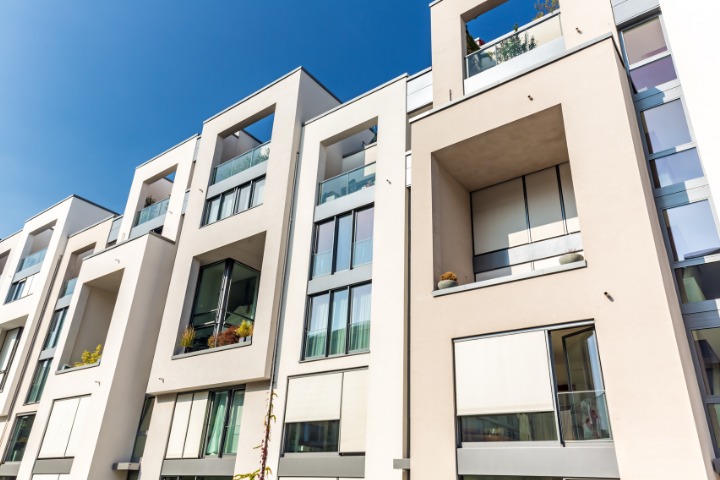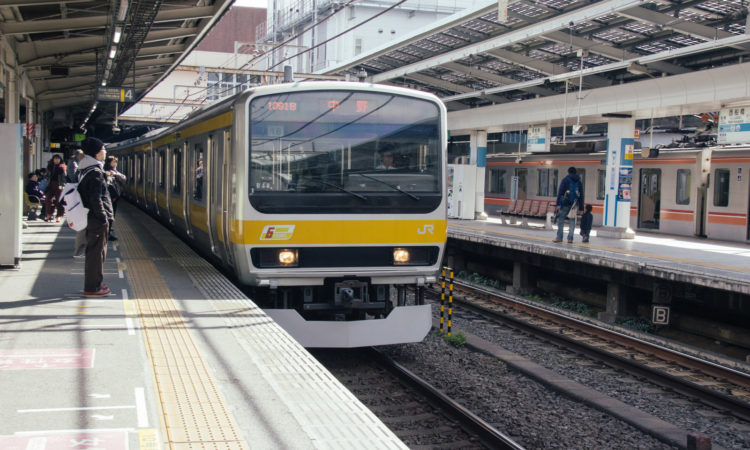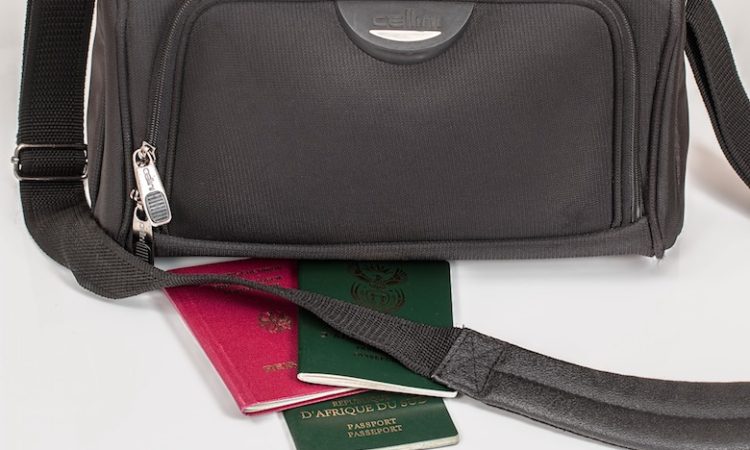How can foreigners find housing in Japan? This week, we answer this question! For more questions on moving to Japan, surviving daily life in Japan, and more, Guidable is here to help. Submit your own questions at the bottom of this post!
Question: Should I hide that I’m foreign when applying for housing?
I’m looking for an apartment, and I’m nervous about being rejected for housing because of my nationality. Is it a good idea to hide that I’m foreign when applying for apartments?
Answer:
When it comes to finding housing in Japan, it is true that sometimes people are rejected on the basis of their non-Japanese nationality. Some landlords may feel wary about renting to a non-Japanese tenant.
For many of us not from Japan, this seems like blatant discrimination. And, by most definitions, it is. This kind of discrimination is common, with 40% of foreigners saying they’ve experienced discrimination when searching for housing. Many properties will have a “no foreigners allowed” policy upfront, while other times, you may simply find that your housing application was rejected with vague reasoning given to explain why.
You may consider avoiding this discrimination by hiding your real nationality when looking for housing. However, I would caution against doing so.

For one thing, you will be required to provide identification, including your residence card, before securing housing in Japan. If you’re searching for an apartment to share with a Japanese national (such as a Japanese partner or friend), you may be able to initially apply with only their information.
But eventually, expect that your identity and nationality will have to be provided. And forcing yourself where you may have not been welcomed isn’t only a bad idea because it goes against the landlord’s (possibly discriminatory) preferences – living in a home where you’re not welcome may also hurt you too.
Where you live is an important decision, and part of what makes a home home is that you can feel safe, comfortable, and respected there. In that sense, then, being honest about your nationality from the beginning can help ensure you only move into a place where you’re truly welcome.
This might mean that you do come across some properties and landlords that don’t accept your application because you’re a foreign national. And this can, understandably, sting. But it may help to remember that this often happens less for personal reasons and more out of a concern over language and cultural barriers.
That’s why learning Japanese can be a practical solution if you’re concerned about finding housing in Japan. And that way, your landlord can feel confident that there won’t be any misunderstandings in case of a serious emergency or disaster.

Finding Foreigner-Friendly Housing in Japan
If you’re concerned about finding housing, you first may want to check with your school or employer for help. In many cases, they are used to helping foreign nationals like you find housing so they can continue their studies or employment in Japan. For example, it’s common for universities in Japan to work with a dormitory building or sharehouse to offer affordable housing for students.
If you’re looking to find housing on your own, however, there are a few different housing types to try.
Airbnb
No, this isn’t a permanent solution, but it’s an option for those who are new to Japan – or in quick need of housing. With Airbnbs (and other Airbnb-type housing), you can typically have an entire apartment unit to yourself, without having to pay a deposit and other hefty fees.
Short-Term Housing
Though an Airbnb could be used as short-term housing, you can also find properties designed specifically for short-term stays, with contracts often lasting from one to six months. These contracts are typically renewable, too, so you can continue to stay in the same apartment as long as you might stay in an apartment with a traditional two-year contract. And with foreigner-friendly options like Oakhouse (which was my first home in Tokyo) and Sakura House, you can have your own private, already furnished space. For more on short-term living options, read more here.
Sharehouses
If you don’t mind sharing a kitchen or bathroom with housemates, sharehouses can be a relatively affordable option. While Japanese people do live in sharehouses, they tend to be popular with foreign residents in particular. Because it’s common for foreigners to live in sharehouses, you can feel right at home, regardless of where you’re from.
Long-Term Apartments and Houses
When you imagine renting an apartment in Japan, this is likely the type of housing you imagine. Contracts usually last two years, though one year is common too. And these types of homes are completely private and typically unfurnished, so you can move in and make it your own.
You may want to try sharehouses or foreigner-friendly companies such as Leopalace, which is available all throughout Japan. But if you want to go the traditional route of choosing a place with a real estate agent, it’s best to work with an agent who is comfortable with foreigners and is familiar with which properties are friendly to a variety of nationalities, like ouchi.com. Suumo has a great list of agencies here, but there are plenty of other options available online depending on where you’re located in Japan.
Looking for more advice on finding housing and apartments in Japan? Read this article next:
Looking for your place of comfort: How to find apartments in Japan






